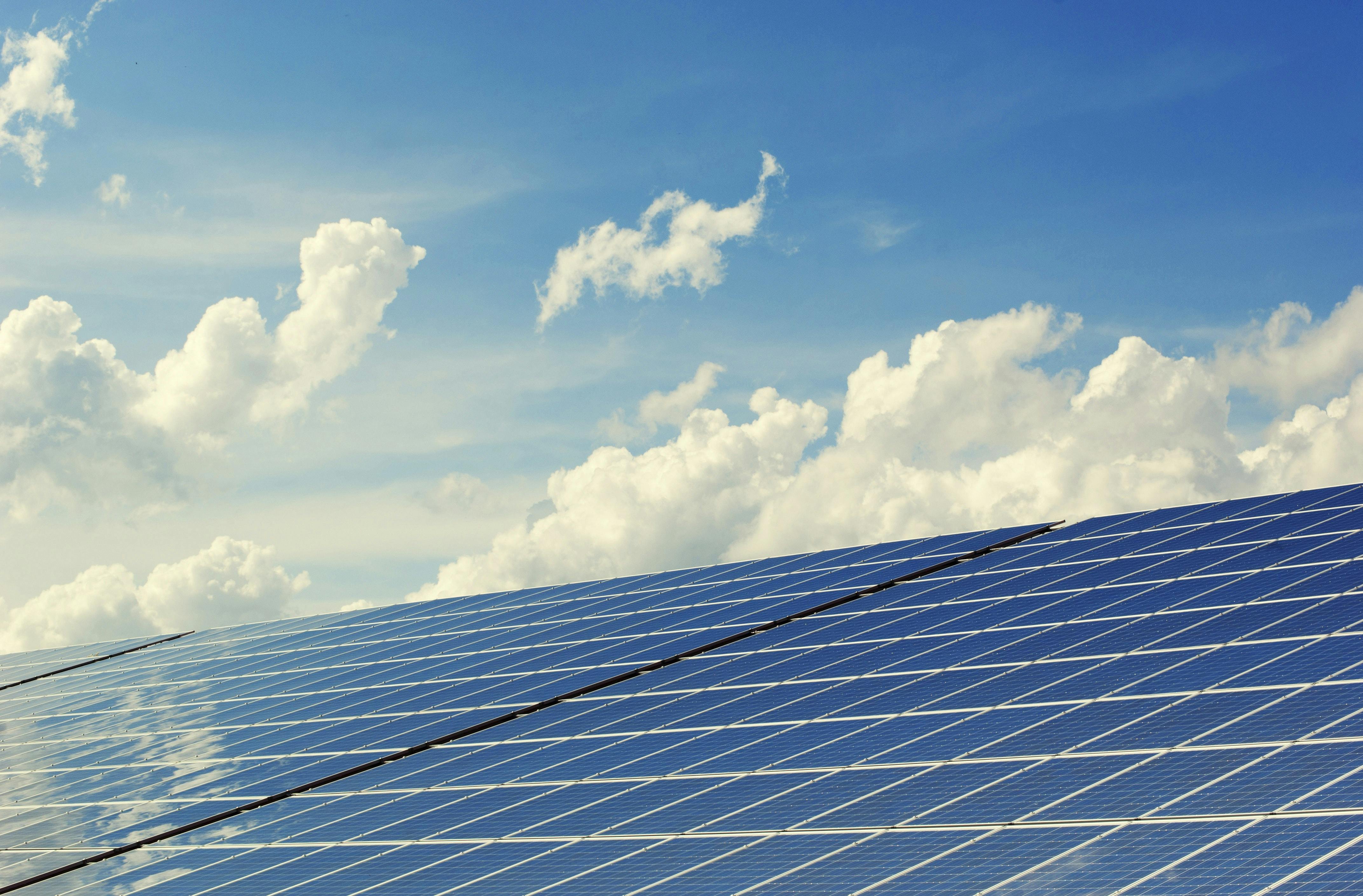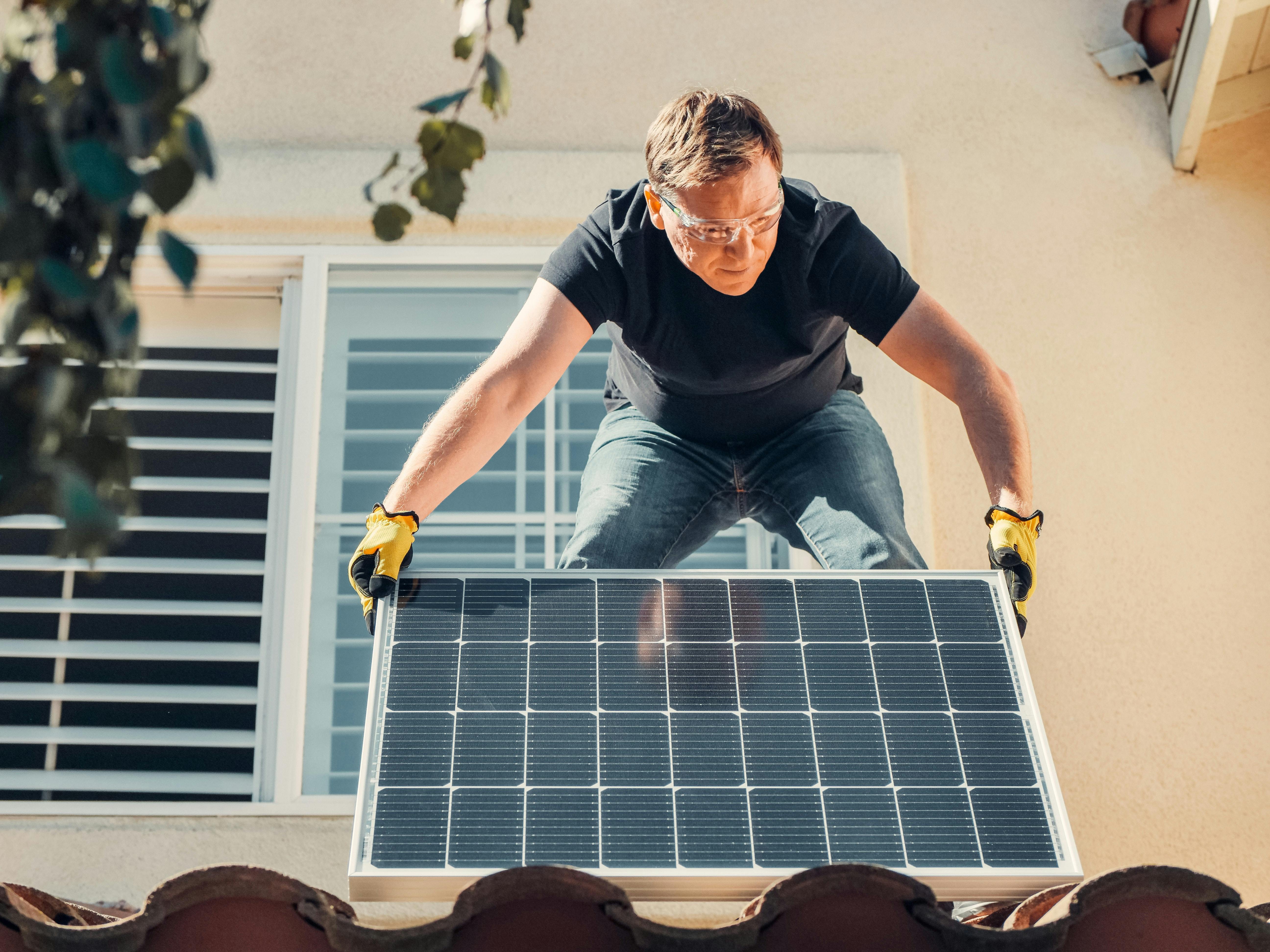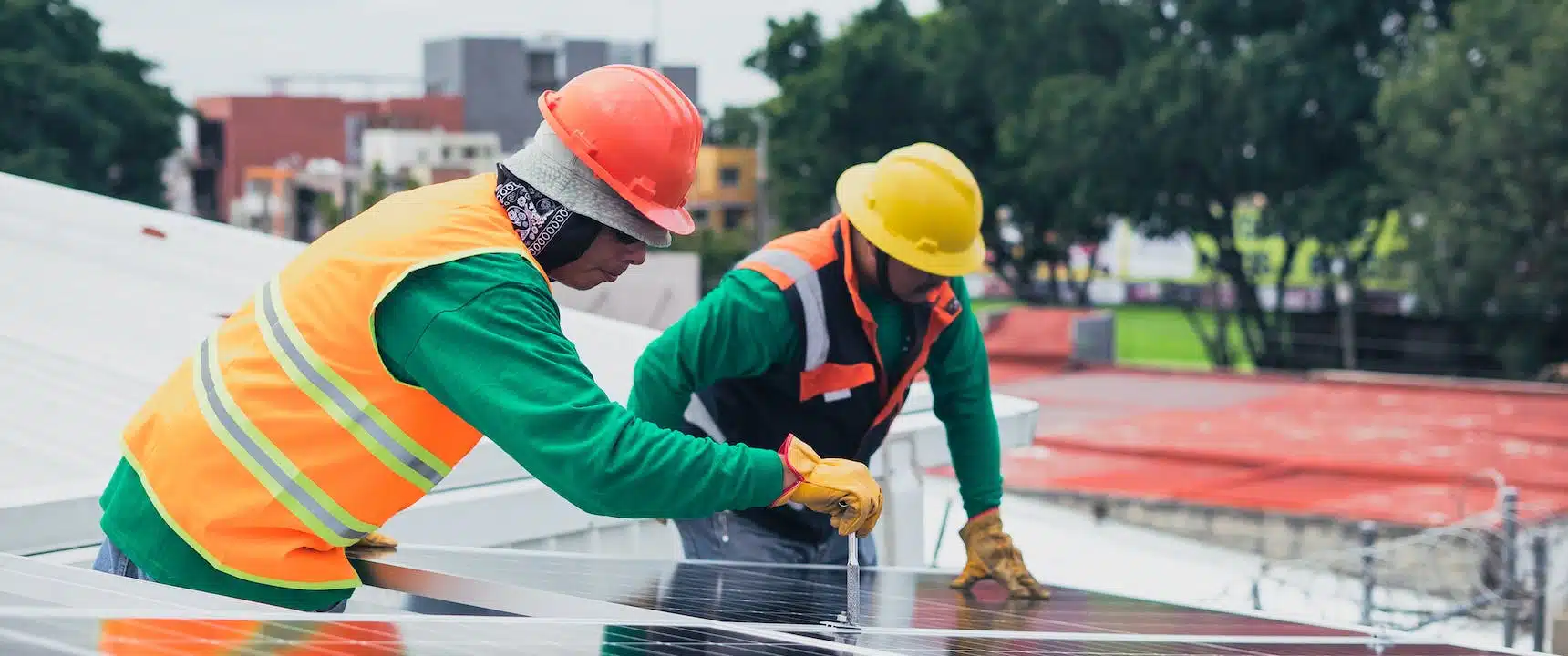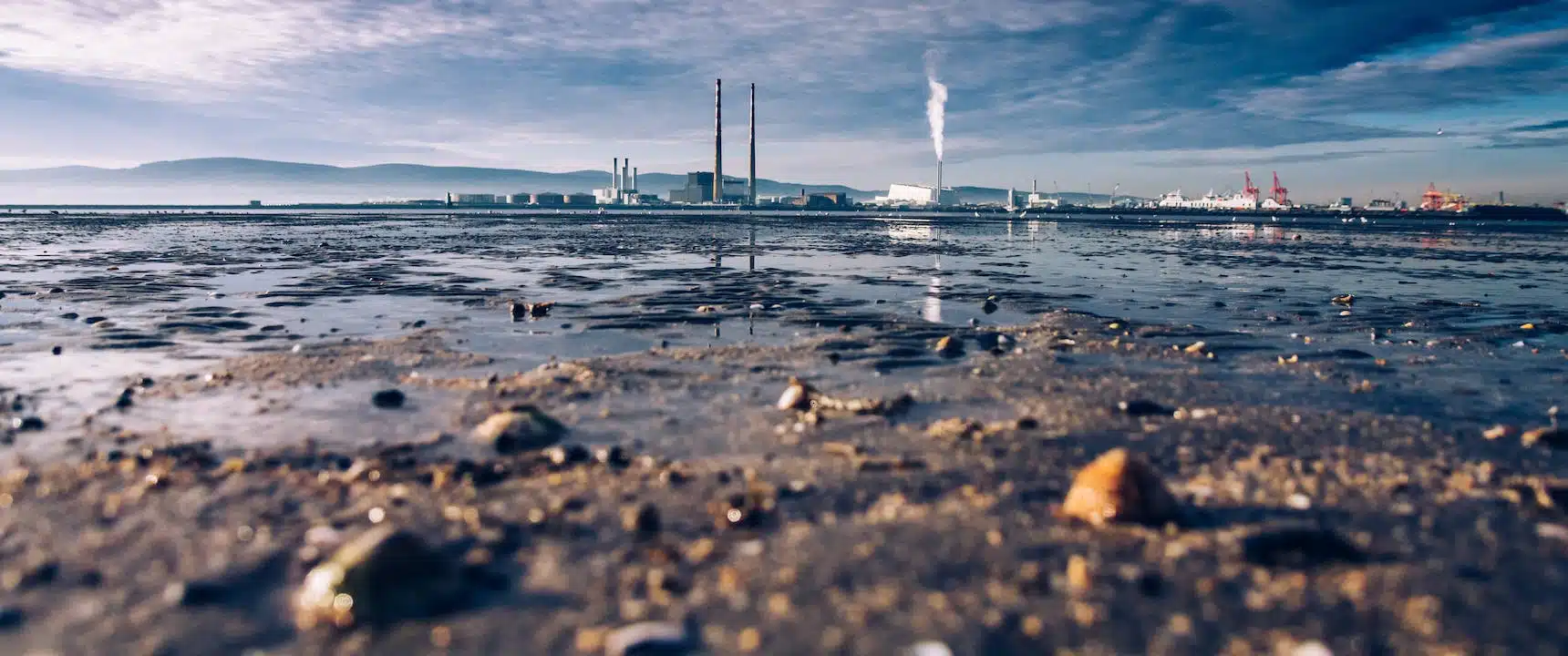Green energy, also known as renewable energy, refers to any form of energy that is obtained from natural resources that can be replenished over time. These energy sources include sunlight, wind, rain, tides, and geothermal heat. Unlike fossil fuels such as oil, coal, and natural gas, which are finite resources that are rapidly depleting, green energy is infinite and has the potential to power our world for generations to come.
The importance of green energy cannot be overstated. As global energy demand continues to rise, traditional sources of energy are causing significant damage to our planet. Fossil fuels emit toxic substances such as carbon dioxide (CO2), sulfur dioxide (SO2), and nitrogen oxide (NOx), which are harmful to our environment and the health of living beings. Burning fossil fuels also contributes to the dramatic increase in global temperatures, leading to climate change, melting polar ice caps, rising sea levels, and extreme weather events.
This is where green energy comes in as a crucial solution for mitigating the effects of climate change and reducing our dependence on fossil fuels. Green energy sources do not produce harmful pollutants, and their usage does not lead to greenhouse gas emissions that contribute to climate change. Compared to traditional sources of energy, green energy sources are also more reliable due to their constant supply, independent of price volatility.
Let us take a closer look at why green energy is important, how gas and other energy sources are bad for the environment, and how someone can use solar panels to help with green energy.

Why Is Green Energy Important?
The importance of green energy lies in its potential to reduce harm to our planet, both now and in the future. By utilizing renewable energy sources such as solar, wind, and hydropower, we can reduce our dependence on non-renewable sources of energy, reducing harmful emissions and conserving natural resources. Our world is slowly depleting before our eyes with the extensive use of fossil fuels.
Green energy also provides a unique opportunity for economic development that is sustainable and equitable. Communities that make investments in green energy alternatives tend to experience job growth and other economic benefits. This is because green energy technologies require more specialized labor compared to traditional approaches, creating employment opportunities in cleaner and healthier work environments. Moreover, green energy sources can offer improved resilience to natural disasters, which tend to be more common and disastrous due to climate change, thereby preserving the livelihoods of people and ensuring an equitable future.
Lastly, the use of renewable energy leads to significant cost savings over time and is better for the environment. While green energy systems may require high upfront costs, the long-term savings on electricity bills and maintenance costs add up quickly, resulting in a significant reduction of energy expenses throughout a lifetime. Research conducted by the US Department of Energy and the National Renewable Energy Laboratory (NREL) displays that, on average, US homes use around 900 kWh every month. Homes with solar panels installed could save around 600 kWh of electricity, translating to an electricity bill of around $100 per month. The long-term savings would allow families to put money back into their future and themselves.
How Gas and Other Energy Sources Are Bad for the Environment?
On average, American households spend about $1,500 per year on their energy bills alone. This includes expenses for heating, cooling, lighting, and household appliances. It’s no secret that gas and other energy sources are bad for the environment in multiple ways.
Gasoline, diesel, and coal release greenhouse gases such as CO2 into the atmosphere. These gases trap and absorb heat contributed by the sun, which causes the earth’s temperature to rise and can have severe environmental consequences.
Coal plants, for example, release dangerous and toxic substances linked to smog, acid rain, and respiratory damage. Exposure to mercury emissions from burning coal has been shown to cause developmental disorders and other coal-borne pollutants have been linked to cancer.
While natural gas is considered a cleaner burning fossil fuel, it still produces CO2 emissions and other pollutants such as methane, which can be 84 times more potent than CO2 over 20 years. Hydraulic fracturing, a process to extract natural gas from underground, releases methane into the atmosphere, leading to severe consequences on water quality and increases in air pollution.
The problem with non-renewable sources like these is that they are not only harmful to the environment but also expensive in the long term. This is because the production, transportation, and maintenance costs associated with these sources are significantly higher than that of green energy sources.
How Someone Can Use Solar Panels to Help With Green Energy
One of the most popular ways to utilize green energy is through solar power, specifically the utilization of Solar Photovoltaic (PV) Systems. The Solar PV System will convert sunlight into direct current (DC) electricity at a low voltage that is then transformed into usable alternating current (AC) electricity that powers the home or business. Solar panels produce electricity quietly, cleanly, and with no emissions that can harm the environment.
Investing in solar panel systems has several benefits:
Reduced Energy Costs
Installing solar panels can help reduce the overall energy consumption of a household, resulting in lowering energy bills over time. The cost savings of solar panels are substantial, with homeowners, in particular, seeing a return on their investment within 7-8 years. Research has shown that the average household with solar panels can save about $6,000 to $8,000 over 20 years. Investing in solar panels for households has increased by about 45% over the last decade, and with an additional 40% growth projected in the coming decade, there has never been a better time to invest in solar energy.
Reduction in Carbon Footprint
Solar panels produce clean and green electricity without any emissions or toxic byproducts. A typical solar panel system can reduce the carbon footprint significantly for every household, saving homeowners hundreds of dollars.
Increased Resale Value
Solar panels can increase the resale value of homes and offices. Studies have shown that homes with solar panel installations sell for more than those without, with some estimates sighting a decent price increase.
Reduced Dependence on Non-Renewable Energy Sources
By investing in solar panels, individuals and businesses can reduce reliance on non-renewable sources of energy that are harmful to the environment.
In conclusion, green energy is the future of sustainable living. It is clear from the evidence that traditional and non-renewable sources of energy have serious repercussions on our environment, whereas green energy sources do not. Investing in green energy guarantees a cleaner energy future and significant economic and other benefits. The use of solar panels is a significant step towards the development and implementation of renewable energy in our communities.
SolaTrue’s dedication to renewable energy not only benefits the environment but also provides significant savings to homeowners and communities. See more information about our solar options.

Sources:
“Methane: A Crucial Opportunity in the Climate Fight.” Environmental Defense Fund, 2023, www.edf.org/climate/methane-crucial-opportunity-climate-fight#:~:text=Methane%20has%20more%20than%2080,by%20methane%20from%20human%20actions.
Ramasamy, Vignesh, et al. “U.S. Solar Photovoltaic System and Energy Storage Cost Benchmarks, With Minimum Sustainable Price Analysis: Q1 2022.” NREL, 2022, https://www.nrel.gov/docs/fy22osti/83586.pdf.






